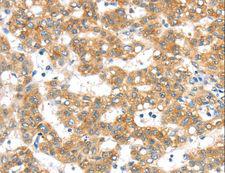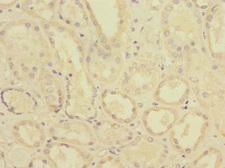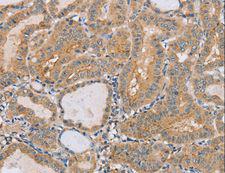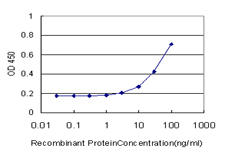order histories, retained contact details for faster checkout, review submissions, and special promotions.
Forgot password?
order histories, retained contact details for faster checkout, review submissions, and special promotions.
Locations
Orders Processing,
Shipping & Receiving,
Warehouse
2 Shaker Rd Suites
B001/B101
Shirley, MA 01464
Production Lab
Floor 6, Suite 620
20700 44th Avenue W
Lynnwood, WA 98036
Telephone Numbers
Tel: +1 (206) 374-1102
Fax: +1 (206) 577-4565
Contact Us
Additional Contact Details
order histories, retained contact details for faster checkout, review submissions, and special promotions.
Forgot password?
order histories, retained contact details for faster checkout, review submissions, and special promotions.
PTPMEG / PTPN4
protein tyrosine phosphatase, non-receptor type 4 (megakaryocyte)
PTPMEG / PTPN4 is a member of the protein tyrosine phosphatase (PTP) family. PTPs are known to be signaling molecules that regulate a variety of cellular processes including cell growth, differentiation, mitotic cycle, and oncogenic transformation. This protein contains a C-terminal PTP domain and an N-terminal domain homologous to the band 4.1 superfamily of cytoskeletal-associated proteins. This PTP has been shown to interact with glutamate receptor delta 2 and epsilon subunits, and is thought to play a role in signalling downstream of the glutamate receptors through tyrosine dephosphorylation.
| Gene Name: | protein tyrosine phosphatase, non-receptor type 4 (megakaryocyte) |
| Family/Subfamily: | Protein Phosphatase , NT5 |
| Synonyms: | PTPN4, MEG, PTPase-MEG1, PTPMEG1, PTPMEG, Megakaryocyte phosphatase, Ptp-meg1, Testis enriched phosphatase |
| Target Sequences: | NM_002830 NP_002821.1 P29074 |
Publications (1)




If you do not find the reagent or information you require, please contact Customer.Support@LSBio.com to inquire about additional products in development.










